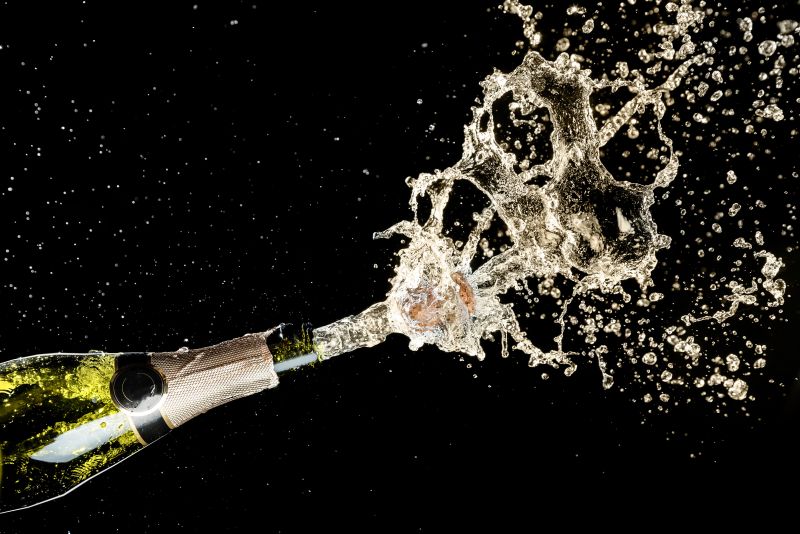Luxury bottling is one area of manufacturing where manual inspection still holds a powerful grip. And understandably so.
The price of some premium champagnes, perfumes or whiskies can reach four or even five figures, with part of that price tag resting in the attention to detail that the human expert brings. But when a process is manual, it’s not repeatable. And when you rely on the human eye, issues will slip through.
The challenge is how to change quality inspection from a manual process that’s flexible but subjective and lacking in repeatable data, to a more automated method that can be relied upon.
It’s possible to use deep learning cameras to augment manual inspections, improving them and making them more repeatable, gathering more quality, usable data. It’s about technology that works alongside humans, learning over time what ‘good’ and ‘bad’ looks like.
In one recent trial, the operator took the product off the line and moved it into the inspection station. Once loaded, the automated vision system could identify and highlight key aspects of the product in a repeatable and reliable way.

